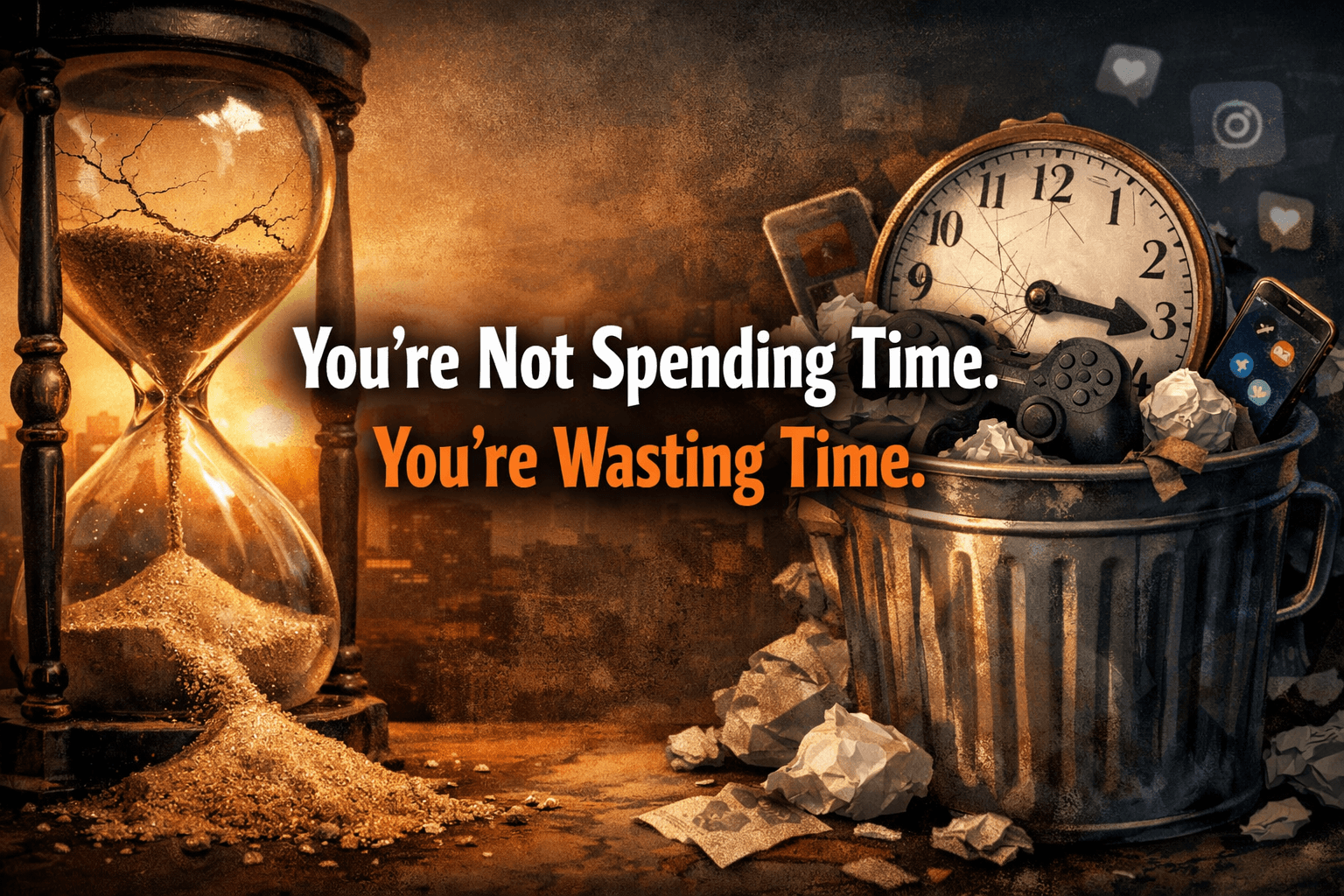
Published in Productivity

Jonathan
The Effective Project Manager
October 5, 2025
This is the New (Better) Way to Measure Productivity
Redefine productivity beyond busyness. Learn how project managers and knowledge workers can shift from measuring hours and tasks to creating meaningful outcomes, reducing friction, and moving projects forward with clarity and impact.
For years, productivity has been defined by output: how many tasks you check off, how many meetings you attend, how many hours you log.
But as project managers and knowledge workers, this definition falls short.
Busyness is not the same as progress.
A new way to define productivity is this:
Productivity is the consistent creation of meaningful outcomes with the least amount of unnecessary friction.
Notice what this shifts:
From volume to impact. Productivity isn't about how many deliverables you crank out. But do those deliverables move the project closer to its goal?
From hours to clarity. Long workdays and stacked calendars often hide confusion. And inefficiency. True productivity is a sign of clear priorities and fewer distractions.
From activity to leverage. Instead of doing more, productivity is about setting up systems, processes, and conversations that multiply your efforts.
As a project manager, this means your productivity isn't measured by how many Jira tickets you touch, or how many reports you produce. But it's measured by whether your team is aligned, risks are surfaced early, and stakeholders trust the process.
Create value by thinking better. Often the most productive thing you can do is pause, reflect, and decide what not to do.
So here's the shift: stop asking "What did I get done today?" and start asking "What moved the project forward today?"
That's the new standard of productivity.
Making This Real: Your Action Plan
How do we move from measuring time and being obsessed with busyness to a new real way to define productivity? It's difficult to say for sure, but I've presented my outline here. Yours may be similar, it may be different, but I think you'll find some kernels of wisdom in these steps.
Start With Daily Habits
Transform your daily rhythm with these simple changes:
Change your end-of-day question from "What did I accomplish?" to "What moved us closer to the goal today?"
Add a purpose filter: Before starting any task, ask "How does this directly contribute to project success?" If you can't answer clearly, reconsider doing it. Imagine what would happen if you only worked on tasks that move the needle towards project success. No fluff.
Build in reflection time: Schedule 15-minute blocks to identify what you should stop doing. Stopping work is often your most productive decision.
I've found great success by writing down my three daily goals. I know that once I achieve these goals, the rest of the day flows more smoothly. It's also great to have a stack of achievements to look back on. I find it very motivating. You can have a look at the three daily goals template that I use myself by clicking on this link.
[Three Big Goals Daily Template]
For Project Managers: New Success Metrics
Stop measuring yourself by task completion. Instead:
Measure team clarity: Regularly ask team members "Do you know what success looks like this week?" Your job is ensuring they can answer confidently
Create a friction log: Track recurring obstacles that slow the team down, then systematically eliminate them. This multiplies everyone's productivity
Focus status meetings differently: Discuss blockers and decisions needed rather than work completed. Progress reports don't move projects forward. Removing obstacles moves projects forward.
System-Level Improvements
Make friction reduction systematic by working at a higher level than just your individual inputs:
Audit your regular deliverables: Examine reports, meetings, and updates. Eliminate those that don't influence decisions or improve alignment
Build early warning systems: Instead of just tracking progress, create alerts for emerging risks. Prevention beats reaction
Reduce decision fatigue: Create templates and processes for routine choices so mental energy goes to what matters
Start Small, Build Momentum
Pick one change and try it for a week. The reflection habit or friction log work well because they don't require changing how others work.
You might discover that your most productive days aren't your busiest ones.
You might also find yourself with less stress, and more success.
Remember: the goal isn't to do more things. It's to do the right things with less waste.
